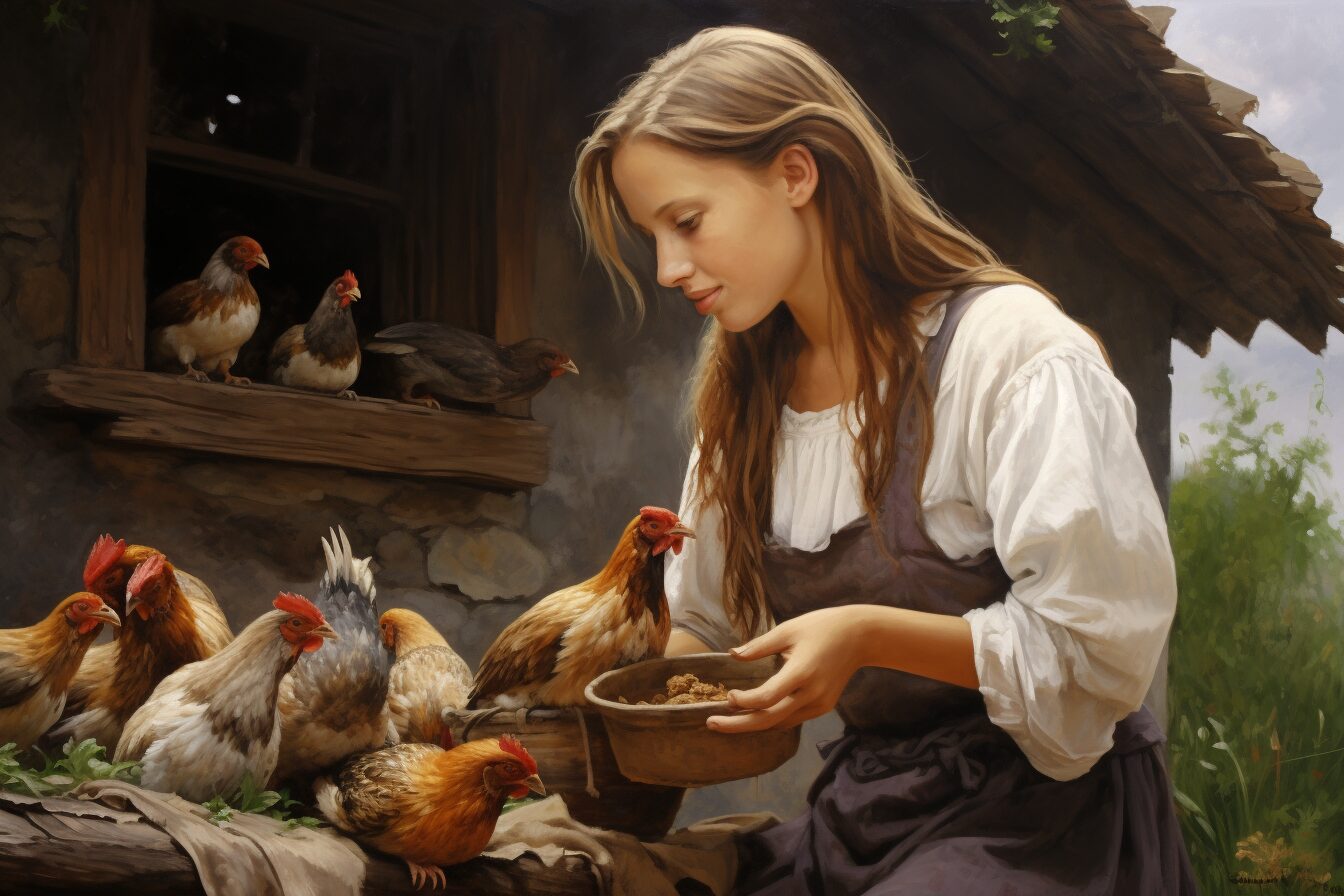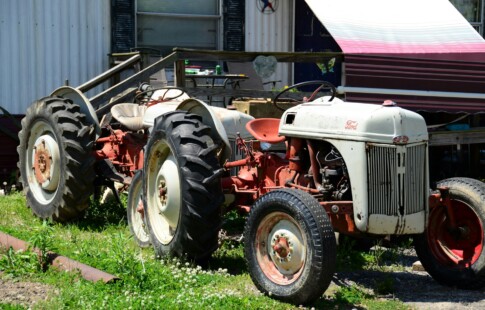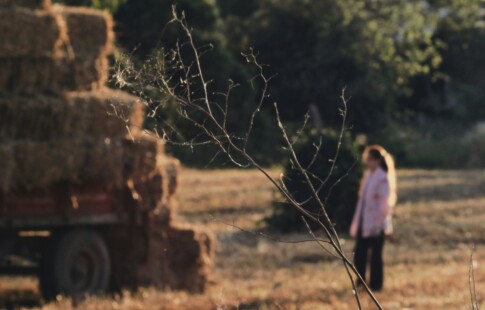
The Ultimate Guide to Chicken Supplies for Beginners
We are reader-supported. When you buy through links on our site, we may earn affiliate commission.
Raising poultry can be a rewarding and enjoyable experience, especially with the right chicken supplies. The proper gear ensures the health and happiness of your flock, directly impacting their productivity and well-being.
For instance, suitable feed, coops and health supplies keep your chickens thriving, leading to benefits like a steady supply of fresh eggs. Additionally, chickens are great for natural pest control, as they love to forage for bugs and insects in your garden. Understanding and investing in these supplies can unlock these benefits, which are crucial to beginners in poultry care.
Basic Housing Needs
When raising chickens, their housing is not just a shelter but a cornerstone of their well-being and safety. A well-designed coop provides comfort, protection from predators and space for natural behaviors, ensuring a healthy and productive flock.
Types of Chicken Coops
Chicken coops come in various styles and sizes, each catering to different needs and backyard spaces. Traditional coops are often wooden structures with a classic barn-like appearance, offering a timeless aesthetic.
For those with limited space, compact urban coops can fit in smaller yards while providing ample room for the chickens. Meanwhile, larger, walk-in enclosures are ideal for those with more space, allowing easier cleaning and egg collection access.
By choosing a backyard chicken coop, you also reduce your carbon footprint. Chickens recycle kitchen scraps into compost, control pests naturally and provide organic eggs, reducing reliance on store-bought options and their associated transportation emissions.
Essential Coop Features
In a well-designed chicken coop, ventilation is imperative for air quality and moisture control, while nesting boxes provide a private, comfortable space for hens to lay eggs. Perches cater to their natural roosting instincts, offering security and aiding social dynamics.
Equally important is safeguarding the flock from predators, necessitating a robust structure with secure locks and durable materials like hardware cloth. Collectively, these components ensure a safe, healthy and stress-free environment for chickens, contributing to their well-being and productivity.
Feeding Your Chickens
Proper nutrition is the foundation of a healthy and productive chicken flock. Understanding the different types of chicken feed and the appropriate feeding accessories is essential to ensure your chickens get the nutrients they need at every stage of their life.
Types of Chicken Feed
Starter, grower and layer feeds can meet the nutritional needs of chickens at different life stages. Starter feed is protein-rich to support chicks’ rapid growth and development in their first few weeks.
As they grow, chickens transition to grower feed with a slightly lower protein content to suit their reduced growth rate. Finally, layer feed is designed for adult hens laying eggs. This feed typically contains 15-19% protein and comes with calcium, crucial for strong eggshells.
High-quality layer feed supports consistent egg production and maintains the overall health of the hens. Each type of feed ensures chickens receive the right balance of nutrients at each stage of their growth and egg-laying cycle.
Feeding Accessories
Feeders and waterers are fundamental for chicken care, with designs ranging from simple troughs to automatic systems that keep feed clean and provide constant access to fresh water.
Grit is also vital, especially for non-free-ranging chickens, as it aids digestion by grinding food in their gizzard. The right combination of these feeding accessories ensures chickens are well-nourished, hydrated and healthy.
Health and Hygiene
Maintaining health and hygiene is paramount in chicken care, directly impacting the well-being and longevity of your flock. Regular coop cleaning, understanding common health issues and having essential first aid supplies prevent disease and ensure a thriving environment for your chickens.
Keeping the Coop Clean
Regular chicken coop cleaning and maintenance prevents disease and ensures a healthy environment. Start with a weekly routine of removing droppings and replacing bedding material to keep the coop fresh and reduce the risk of parasites.
Conduct a more thorough cleaning monthly by scrubbing feeders, waterers and the coop’s interior with a mild disinfectant. It’s also vital to check for and repair any damage — like holes or loose wires — to guarantee the enclosure remains secure and predator-proof.
Chicken Health Supplies
A first aid kit for your chickens is essential for promptly addressing minor injuries and common health issues. Essentials include antiseptic spray, wound ointment, bandages and tweezers for treating cuts or pecking injuries. It’s also helpful to have electrolytes for water, which can help chickens recover from stress or illness.
Common health issues in chickens include gastrointestinal parasites, respiratory infections, mites and lice. Recognizing symptoms early — like coughing, sneezing, lethargy or decreased egg production — is vital for timely treatment.
A significant natural process in a chicken’s life is molting, which occurs annually every fall. During molting, chickens shed and regrow their feathers, lasting 3 to 15 weeks. This period can be stressful for chickens, and they may need extra protein to support new feather growth.
Enrichment and Exercise
These are vital components of a chicken’s daily life, encouraging physical and mental health. Providing opportunities for outdoor exploration and engaging activities ensures chickens remain active, healthy and entertained.
Outdoor Safety
Chicken runs and free-ranging allow chickens to exhibit natural behaviors like foraging, scratching and dust bathing. A chicken run, an enclosed outdoor space attached to the coop, provides a safe environment where chickens can roam and explore away from predators. This setup is ideal for those who cannot allow their chickens to free-range due to space or safety concerns.
Free-ranging offers more space and diverse environments, which can lead to healthier and happier chickens. However, free-range chickens are more vulnerable to predator attacks from ground and aerial threats.
Therefore, assessing the local wildlife and supervising the chickens during free-range times or investing in protective measures like fencing or a guardian animal is essential. Balancing the benefits of free-ranging with safety considerations provides chickens with a fulfilling and secure outdoor experience.
Enrichment Toys and Activities
Keeping chickens engaged and active is vital for their mental and physical health. Here are some ideas to stimulate their natural behaviors.
- Pecking toys
- Dust bathing area
- Foraging stimulants
- Perches and platforms
- Mirrors and shiny objects
- Puzzle feeders
- Grazing frames
These activities keep chickens entertained and promote natural behaviors, contributing to a happier and healthier flock.
A Guide to Chicken Keeping
Starting your chicken-keeping journey can be incredibly rewarding, offering fresh eggs, natural pest control and the unique pleasure of caring for these creatures. Remember, every expert was once a beginner, and a vibrant community of chicken enthusiasts is ready to support you.
Share on
Like what you read? Join other Environment.co readers!
Get the latest updates on our planet by subscribing to the Environment.co newsletter!
About the author
Rachel Lark
Rachel serves as the Assistant Editor of Environment.co. A true foodie and activist at heart, she loves covering topics ranging from veganism to off grid living.





